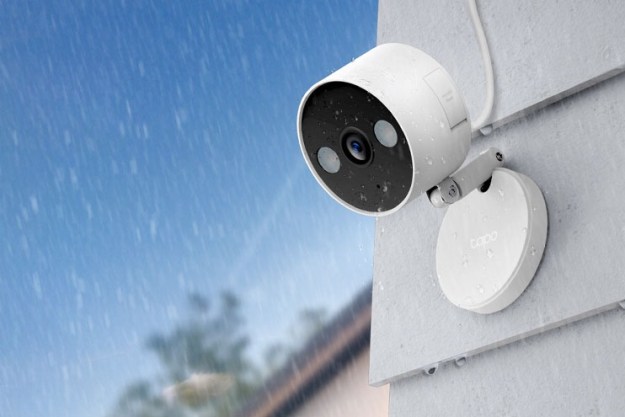Seven strangers, picked to live in a house … So goes the familiar opening of The Real World, but it could be the outcome if you apply to live in a Pure House apartment. The service finds housing for a “highly curated community of like-minded individuals” in Brooklyn. Instead of paying rent, you pay $3,500 a month for a three-month plan or $4,000 a month for a month-to-month option, and you get a fully furnished apartment that you share with several other “creators, disruptive innovators, social change agents, design thinkers, scientists, and entrepreneurs.”
In order to make sure you get along with your roomies, the company “plays matchmaker.” The registration process includes a questionnaire asking about your passions and “How will you be an essential member of the community?” The membership includes amenities like twice-weekly maid service and laundry pick-up once a week; members also get regular massages and unlimited yoga classes. For a more bare-bones option, users can pay between $1,500 and $2,200 for a room, which still grants them access to a weekly cleaning service and a biweekly potluck. For those new to the city, the appeal is not having to pass a credit check and getting access to a short-term lease.
Pure House isn’t the only company getting into “co-living.” WeWork will soon launch WeLive, which brings together micro-apartments and a shared work space. Some buildings will also have arcades, herb gardens, and libraries, according to BuzzFeed. The idea is to attract young professionals whose idea of a work-life balance means sleeping just steps from their desk. Krash, Common, and Stage 3 are also entering the market. Another company, Campus, recently shut down.
While newcomers to New York and San Francisco might see the appeal after experiencing the sticker shock that come with the cities’ rents, critics say co-living might drive up housing costs, because the companies are often subleasing the units and setting the rent, according to The New York Times. With 30-day leases, tenants could also find themselves with a higher rent the next month. These companies will likely face some of the same types of criticisms as Airbnb or Uber.
“It’s not the real world. The real world isn’t where you crash somewhere for 30 days and you get to immerse yourself in a neighborhood and then you leave,” Linda B. Rosenthal, a member of the New York State Assembly, tells The New York Times. “It’s about a few people making a lot of money masquerading as a shared economy.”


